Asian Medicine and Globalization
ENCOUNTERS WITH ASIA
Victor H. Mair, Series Editor
A complete list of books in the series is available from the publisher.
Asian Medicine and Globalization
EDITED BY JOSEPH S. ALTER
PENN
University of Pennsylvania Press
Philadelphia
Copyright 2005 University of Pennsylvania Press
All rights reserved
Printed in the United States of America on acid-free paper
10 9 8 7 6 5 4 3 2 1
Published by
University of Pennsylvania Press
Philadelphia, Pennsylvania 19104-4011
Library of Congress Cataloging-in-Publication Data
Asian medicine and globalization / edited by Joseph S. Alter.
p. cm.(Encounters with Asia)
Includes bibliographical references and index.
ISBN 0-8122-3866-4 (cloth : alk. paper)
1. Traditional medicineAsia. 2. Medicine, AyurvedicAsia. 3. AsiaSocial life and customs. I. Alter, Joseph S. II. Series.
GN625 .A744 2005
306.461095dc22 2004066109
Contents
JOSEPH S. ALTER
VIVIENNE LO AND SYLVIA SCHROER
S. IRFAN HABIB AND DHRUV RAINA
DEEPAK KUMAR
CECILIA VAN HOLLEN
NANCY N. CHEN
MARTHA ANN SELBY
SUSAN BROWNELL
Chapter 1
Introduction: The Politics of Culture and Medicine
The chapters in this volume deal with the ways in which bodies of knowledge are manipulated to produce coherence and health, broadly defined. This book focuses on forms of medicine that tend to be linked, in practice and the imagination, to specific nations: India, China, England, and the United States most directly, but also Australia, Tibet, Japan, Singapore, and Germany. And yet the manipulation of health in any one of these places, borrowing ideas from any combination of the othersor from no clearly defined place at allconfounds the boundedness of these national entities. In other words, there is a powerful paradox manifest in the relationship between nationalism and transnationalism. This volume is designed to explore the nature of this paradox as it relates to medical practice and the development of medical knowledge.
Within the rubric of modernity it has become necessary, as Prasenjit Duara puts it, to rescue history from the nation (1995). The reason is that the legitimacy and power of nationalism is deeply vested in a particular construction of history. This construction is defined as an objective, authoritative, disinterested account of the past as such. It is, in part, the open-endedness and interpretability of the past that allows for it to be both captured and rescued, defined and redefined, according to different priorities. In this sense history is, simply, a more flexible medium than culture. As anthropologists have pointed out, culture can also be captured and rescued. However, by virtue of present tense, empirical temporality, the capture of cultureits strategic interpretation and manipulationis often more covert than the capture of history. The heroic rescue of culture is championed overtly by those who claim value-free objectivity.
Culture and history come together at various points, and some of these points of convergence are much more prone to capture than others. Think of borderswhat they mean, when they were drawn, and what the convergence of signification and demarcation means with regard to a whole spectrum of things for which the lines on a map are not particularly relevant but rather distort and disorient. If history must be rescued from the nation, the convergence of history and cultureas well as each of these unto itselfmust be rescued from a world of partitioned and bracketed nation-states, and also from a worldview, reflected in academia as clearly as in business, that is predicated on the fractured and highly politicized nationalist perception that this entails. There are serious problems, in other words, in thinking about a large region of the world such as Asiaand where does that entity begin and end?as though its history and culture could be subdivided according to geopolitical entities called China, India, Thailand, Korea, and Taiwan. This is a problem even for those whose topic of studyBuddhism in the tenth century, let us sayobviously crosscuts the borders of relatively old kingdoms and empires and modern states.
As more and more research is conducted on various medical systems in Asia by scholars from a range of disciplines, there is a tendency for the questions being asked to become more and more specific to the uniqueness of each particular case. This is good. We now know much more about medicine in China, Japan, Korea, Malaysia, Thailand, Sri Lanka, India, and Nepalto string together a somewhat random list of countriesthan we did even ten years ago. But it is also unfortunate. The structure of scholarship is invidiously and often invisibly structured by the priorities of the state: funding for research is linked to government interests and is often channeled through state bureaucracies. This can inadvertently produce the illusion that there is a tradition of medicine linked to each of these political entities, even when part of the illusion is that that tradition has undergone change through contact with other such traditions. So-called Traditional Chinese Medicine and yurveda provide the most striking examples. The fact that yurveda is the medical system of India goes almost without sayingand that is precisely the problemeven though the history of its development took place only in parts of what is now India, as well as what is now Pakistan, Afghanistan, Nepal, and Bangladesh, through an exchange of ideas that is probably more extensive than the borders of any one of these states or all of them put together.
Even a cursory overview shows that there is a tremendous amount of historical, theoretical, applied, and practical overlap between key concepts in the various medical systems of Asia. The similarity of such principles as yin/yang and prak ti/puru
ti/puru a, qi, and pr
a, qi, and pr
 a, the three do
a, the three do a and the four Greek humors, or the five evolutive phases and the five mah
a and the four Greek humors, or the five evolutive phases and the five mah bh
bh ta elements in the respective traditions of East and South Asia seem almost to demand a cross-cultural comparative analysis. Similarly, various forms of Western medicine have been integrated into the practice of medicine to the east of wherever it is that the West is thought to begin, and this dynamic process of exchange has been important from the time of Scythian nomadism through to modern colonialism and the peripatetic introduction of German, Dutch, French, English, and American medicine into various parts of Asia.
ta elements in the respective traditions of East and South Asia seem almost to demand a cross-cultural comparative analysis. Similarly, various forms of Western medicine have been integrated into the practice of medicine to the east of wherever it is that the West is thought to begin, and this dynamic process of exchange has been important from the time of Scythian nomadism through to modern colonialism and the peripatetic introduction of German, Dutch, French, English, and American medicine into various parts of Asia.
To date, however, the extensive and detailed analyses of Asian medical systems have tended to focus on the bounded regional form of practice within the framework of contemporary nation-states. On the one hand there are studies of the introduction of Western medicine into specific countries. On the other hand there are studies of Chinese traditional medicine, Tibetan medicine, Malay humoralism, Japanese Kanpo therapeutics, and yurveda in India, Sri Lanka, or Nepal, for example. Even Unani, or so-called Islamic humoral medicine, which in its span from the Middle East to Southeast Asia seems to resist narrow, regional demarcation, has tended to be studied within the confines of subregional local practice.


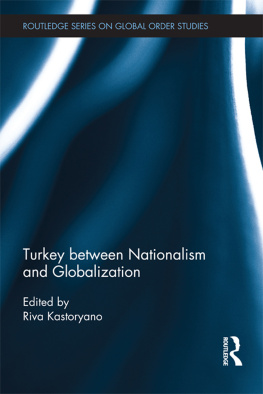
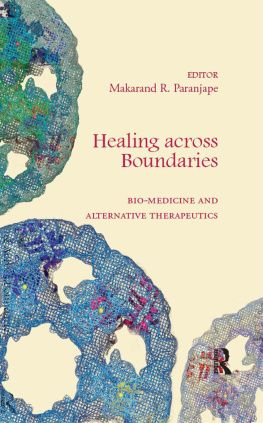
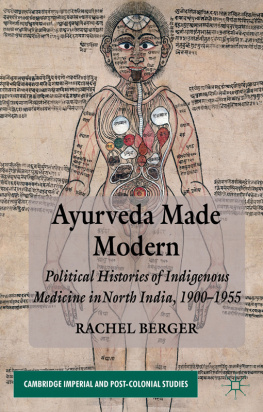
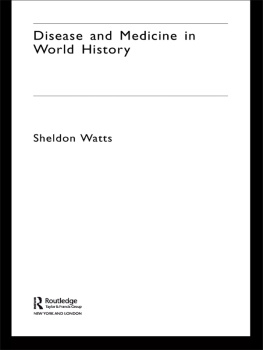
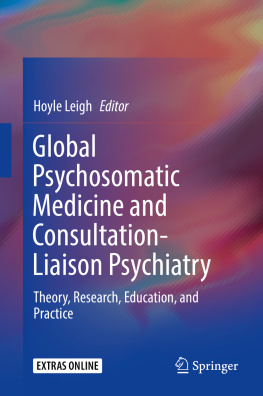
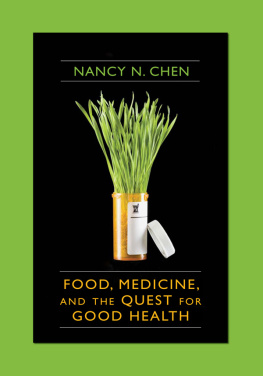
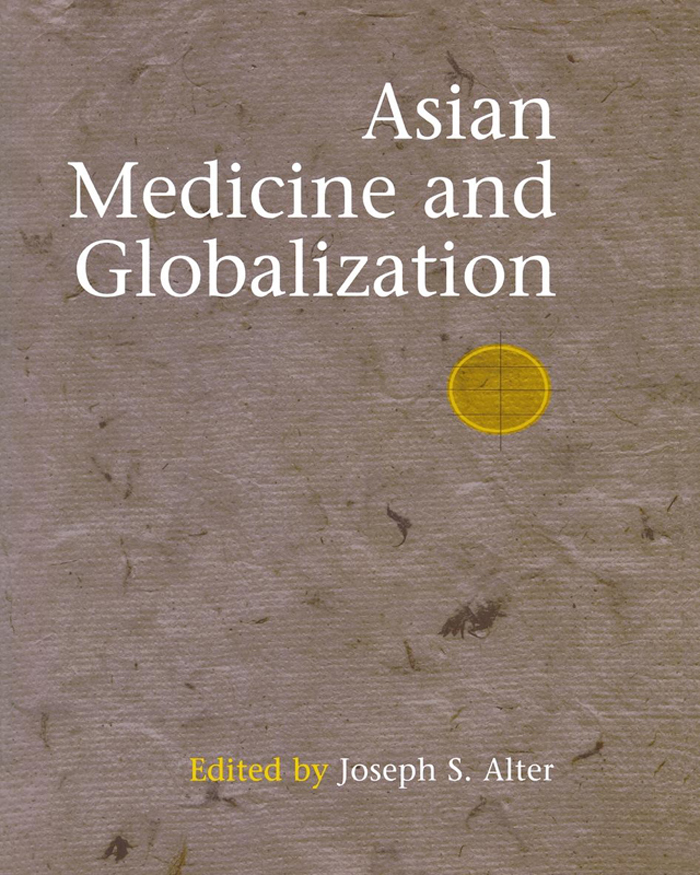
 ti/puru
ti/puru a, qi, and pr
a, qi, and pr
 a, the three do
a, the three do ta elements in the respective traditions of East and South Asia seem almost to demand a cross-cultural comparative analysis. Similarly, various forms of Western medicine have been integrated into the practice of medicine to the east of wherever it is that the West is thought to begin, and this dynamic process of exchange has been important from the time of Scythian nomadism through to modern colonialism and the peripatetic introduction of German, Dutch, French, English, and American medicine into various parts of Asia.
ta elements in the respective traditions of East and South Asia seem almost to demand a cross-cultural comparative analysis. Similarly, various forms of Western medicine have been integrated into the practice of medicine to the east of wherever it is that the West is thought to begin, and this dynamic process of exchange has been important from the time of Scythian nomadism through to modern colonialism and the peripatetic introduction of German, Dutch, French, English, and American medicine into various parts of Asia.